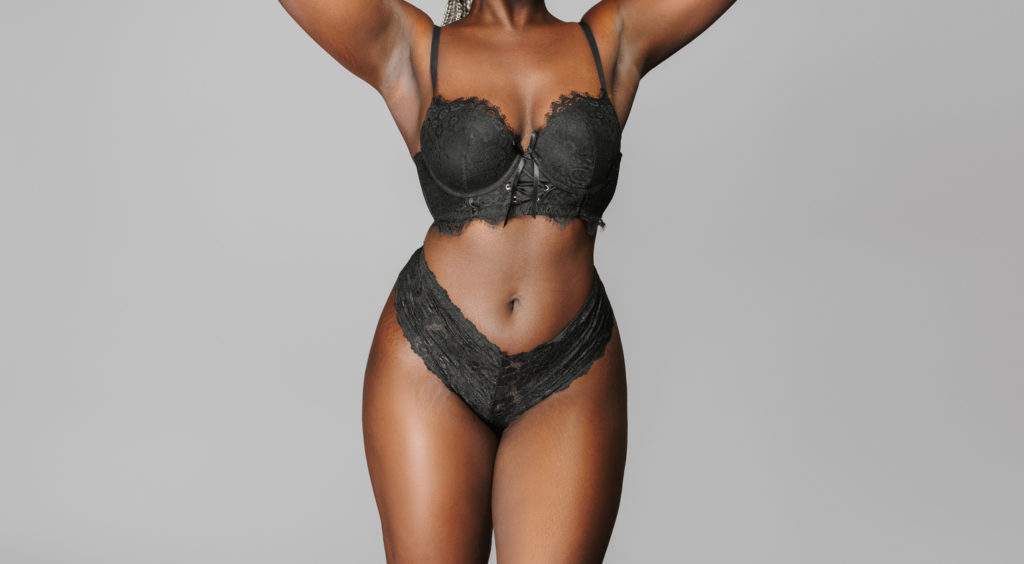
Everything changes with time. That’s true with any and everything on the planet. Whether it be your home, your family dynamics or your body, everything changes over time. And one of most prized parts of our body, our genitals, change too.
As people age, genital changes occur due to hormonal shifts, primarily impacting vaginal tissue in women and pubic hair in both genders. In women, vaginal tissue can become thinner and less elastic, leading to dryness, discomfort, and sometimes pain during intercourse. Men may experience a decrease in pubic hair density and a change in hair color, with graying or whitening occurring as melanin production slows.
Here are changes both men and women need to know over the 40.
I. How the Penis Changes with Age
Penis Appearance & Size
As a man crosses the prime sexual period, 30 years in many cases, the male organ undergoes some significant changes. The penis head gradually loses its color due to reduced blood flow, and pubic hair loss can be observed in some cases. If a man puts on excess weight, and as he ages, the organ loses its girth and length. The size loss can be reversible when caused by weight gain, but not when caused by aging. There is nothing to worry about if you notice the reduction in the size, since it simply happens due to reduced blood flow.
At least two mechanisms cause the penis to shrink. One, the slow deposition of fatty substances (plaques) inside tiny arteries in the penis, which impairs blood flow to the organ. This process, known as atherosclerosis, is the same one that contributes to blockages inside the coronary arteries — a leading cause of heart attack.
Curvature
If penile scar tissue accumulates unevenly, the penis can become curved. This condition, known as Peyronie’s disease, occurs most commonly in middle age. It can cause painful erections and make intercourse difficult. The condition may require surgery.
Arousal Time
As men age, their testosterone level falls, and when this hormone level falls in the body, it takes more time to achieve erection and orgasm. Moreover, unlike the younger age, the recharging or ‘re-arousal’ time will be longer too. As men reach 40, semen production start getting lower, and the erection quality also starts going down. In many cases, the prostate enlarges which weakens the urine flow and may cause other complications.
What You Can Do
In order to combat or at least slow down the aging of your penis, you need to:
– Eat “penis friendly foods” – pomegranate, green vegetables, and any kind of probiotic will help keep the arousal time low.
– Exercise your penis – By doing kegel exercises on a consistent basis can help strengthen
– Lower the list, and lower the risk – keep your number of sexual partners low in your older age. That dramatically cuts down on the unexpected diseases that can affect your love life.

II. How the Vagina Changes with Age
1. It Can be More Prone to Infections
Changes in your estrogen levels mean that your vaginal walls are thinner and more prone to tearing. The balance of microorganisms in your vagina can also shift so that you get infections more easily.
2. There may be Dryness
You owe the moisture in your vagina to regular estrogen levels. As these fluctuate in your 40s due to a natural decline in the function of your ovaries, you may get dryer down there than you’re used to. Even though the average age of menopause is 51, many women start to experience vaginal dryness because of perimenopause. Black women tend to experience menopause earlier one to two years earlier than the average.
3. The Hair may Thin Out
It’s common for the hair on your head to get thinner as you age and the same thing can happen to your pubic hair. Apart from thinning hair, you may also see some gray hairs there.
4. The Pelvic Floor may Weaken
If you’ve given birth, you may experience some weakness in your pelvic floor over time. Your pelvic floor is comprised of muscles that support your bladder, vagina, bowels, and uterus but can get damaged during childbirth. Even if you haven’t given birth, your muscles can lose some tone due to a decrease in estrogen that strengthens the muscles in your pelvic floor.
5. The Discharge may Change
It’s common to have a slight drop in discharge production when you hit your 40s. It may also become a little thinner if you’re approaching menopause. However, this discharge should never have a foul odor or cause itchiness, so talk to your doctor if that occurs.
6. There may be Shrinkage
When your estrogen levels are within range, the hormone maintains a certain plumpness in your vagina, vulva, labia, and clitoris. Any reduction in these levels can mean that your vaginal walls are less supple, your labia may droop, and your clitoris may shrink. Additionally, your vagina may get narrower and shorter.
7. The pH Changes
Studies show that your vaginal pH can increase when you’re in your 40s. Some people may not notice any issues but others may have increased dryness, discomfort during sex, and increased risk of getting a vaginal infection because of the higher pH. If there’s a smelly discharge, though, you need to see a doctor.
8. Sex may Feel Different
Many women report that sex feels different as they age. In your 40s, you may have increased discomfort because of changes in your vagina due to a decline in natural lubrication. This can be attributed to vaginal tissue being thinner and drier.









